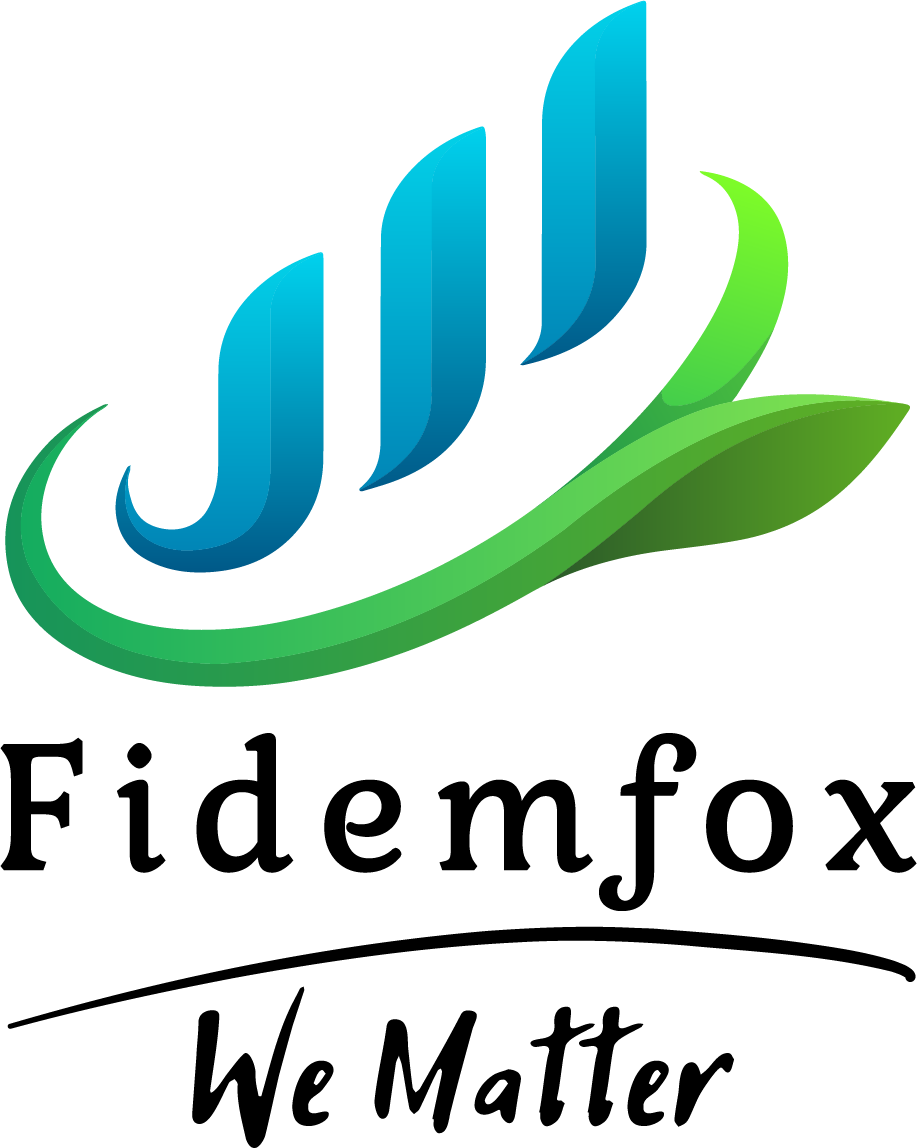Services >> EPF & ESIC Compliance & Advisory >> Advisory on EPF & ESIC Benefits
1. EPF (Employees' Provident Fund)
The Employees' Provident Fund is a government-run savings scheme in India, where both the employer and employee contribute a certain percentage of the employee’s salary for the future benefit of the employee. The contributions made under EPF are managed by the Employees’ Provident Fund Organisation (EPFO).
Key Points:
- Contribution Rate: Both the employer and employee contribute 12% of the employee’s basic salary and dearness allowance. A portion of the employer's share (8.33%) goes towards the Employees’ Pension Scheme (EPS), and the remaining 3.67% goes to the EPF.
- Voluntary Contribution: Employees may contribute more than the statutory 12% under voluntary provident fund (VPF), but this is not mandatory.
- Interest: The interest rate on EPF is decided annually by the government. For the financial year 2023-2024, it is around 8.15%.
- Withdrawal Conditions: EPF can be withdrawn if an employee leaves their job, retires, or in case of specific financial requirements like buying a house, medical emergencies, or education. However, it should generally be left untouched until retirement to benefit from the compounded interest.
- Taxation: EPF contributions are tax-exempt under Section 80C of the Income Tax Act, and the interest earned is also tax-free if the employee continues service for more than 5 years.
Benefits of EPF:
- Financial Security Post-Retirement: EPF helps employees build a retirement corpus.
- Loan Facility: Employees can take loans against their EPF balance for emergencies like medical treatment, housing, etc.
- Tax Benefits: Contributions to EPF qualify for tax deductions under Section 80C of the Income Tax Act.
2. ESIC (Employees' State Insurance Corporation)
ESIC is a government-run health insurance scheme for workers in India, designed to provide benefits like medical care, sickness benefits, maternity benefits, disability benefits, and death benefits.
Key Points:
- Eligibility: ESIC covers employees earning less than ₹21,000 per month (₹25,000 for employees with disabilities). It is applicable to factories, shops, establishments, and other notified sectors.
- Contribution Rate: The employee contributes 0.75% of their wages, while the employer contributes 3.25%, totaling 4% of the employee’s wages towards ESIC.
- Medical Benefits: ESIC provides medical care to employees and their dependents through a network of ESIC hospitals and dispensaries. It covers expenses for hospitalization, surgeries, and outpatient care.
- Sickness Benefits: Employees are entitled to cash benefits (up to 70% of wages) during a medical leave period, provided they have contributed for a certain period.
- Maternity Benefits: Female employees are entitled to 26 weeks of maternity leave with full pay, and for miscarriage or medical termination, they get 6 weeks.
- Disability and Dependent Benefits: Employees who suffer permanent disability due to an accident or illness may receive benefits. In case of death, the family members (dependents) are entitled to monthly pension payments.
Benefits of ESIC:
- Comprehensive Health Insurance: ESIC provides medical care for employees and their families, covering a range of health needs.
- Sickness and Maternity Benefits: Provides financial support during illness or childbirth, especially for low-income workers.
- Pension for Dependents: In case of death or permanent disability of the employee, their family is financially supported.
- Welfare Programs: ESIC also supports programs for funeral expenses, rehabilitation, and funeral expenses for dependents.
Important Considerations
Both EPF & ESIC are Mandatory for Applicable Employees: Both of these schemes are mandated by the government for eligible workers. Non-compliance by employers can result in penalties.
Employer’s Role: Employers must ensure timely contributions to both EPF and ESIC for their employees and submit the respective forms as per the statutory deadlines.
Employee Awareness: Employees must check their contribution status regularly, especially through the EPFO portal and ESIC portal, to ensure that the correct amounts are being contributed and benefits are being provided.
EPF & ESIC Compliance
- EPF Compliance: Employers are required to file EPF returns electronically each month and make the necessary contributions on time. Delayed payments may attract interest and penalties.
- ESIC Compliance: Employers must register with ESIC and ensure timely contribution on wages. ESIC also mandates the registration of establishments, and failing to do so could lead to fines or legal consequences.

